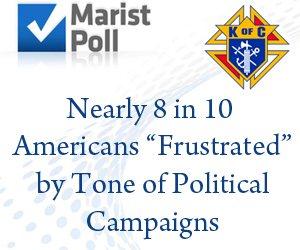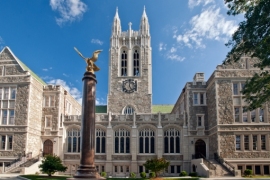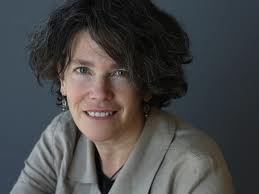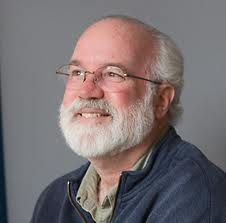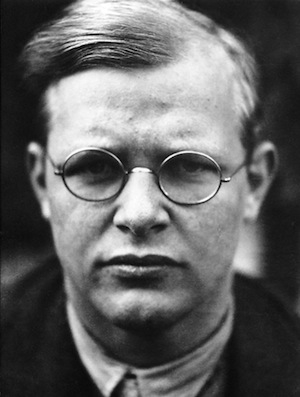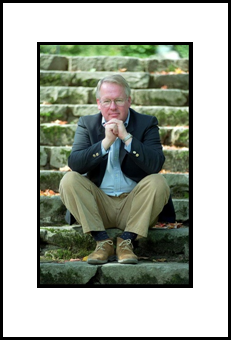Civility—the word, if not the social attribute—has crept back into the political repertory. In the remembrances of George McGovern this week, headline writers made sure to highlight the former senator’s “legacy of civility.” Many others have bemoaned the lack of it, all through the 2012 elections. And, the Knights of Columbus recently launched a “Civility in America” campaign.
As (last I checked) a member in good standing of that Catholic fraternal order, I received an email announcing the initiative, under the heading, “Help us mend the tone of America’s political discourse.” The message offered some examples of my fraternal dollars at work. These included full-page newspaper ads inviting people to sign the Civility in America petition, which blandly calls on politicians and pundits to adopt a “civil tone” and focus on policies rather than personalities. A Knights-commissioned poll also found, unsurprisingly, that most Americans regard our politics as uncivil.
I was pleased to know of this effort, especially in light of something I recall from 2004—a cover of Columbia magazine, the organ of the Knights, distributed to its 1.8 million members during the presidential election season that year. I can’t seem to find a copy of that edition, either online or in my periodical closet, but I remember a kicking donkey of the Democratic Party, depicted with the words—“Party of Death.”
We all have our moments of rhetorical excess. But I think a nice way to start off a civility campaign would be to make it clear that you’ll no longer refer to your political opponents as death mongers. The Knights have yet to make that particular pledge.
“Civility” seems to waft in and out of public discourse, probably because people are unsure of it. What is it, anyway? Politeness? If so, it’s not much a virtue, at least not a political one.
In his highly readable 2001 book, A Small Treatise on the Great Virtues, French philosopher Andre Comte-Sponville characterizes politeness as “a show of virtue, its appearance and nothing more.” But the show must go on. Comte-Sponville explains, “We end up resembling what we imitate, and politeness imperceptibly leads—or can lead—to morality.”
And surely, civility is knitted to some real virtues. To name a few: humility, tolerance, and gentleness, all of which can leaven our public conversation.
I like, as far as it goes, a definition circulated by the Institute for Civility in Government.
Civility is about more than merely being polite, although being polite is an excellent start. Civility fosters a deep self-awareness, even as it is characterized by true respect for others. Civility requires the extremely hard work of staying present even with those with whom we have deep-rooted and perhaps fierce disagreements. It is about constantly being open to hear, to learn, to teach and to change. It seeks common ground as a beginning point for dialogue when differences occur, while at the same time recognizes that differences are enriching. It is patience, grace, and strength of character.
That’s a relatively strong notion of civility, but how deeply does it bring us into questions at the moral core of politics, having to do with justice, truth, and solidarity? I’m not sure, but I’ll take another swing at it before the season of incivility draws to a conclusion on November 6. …read more
